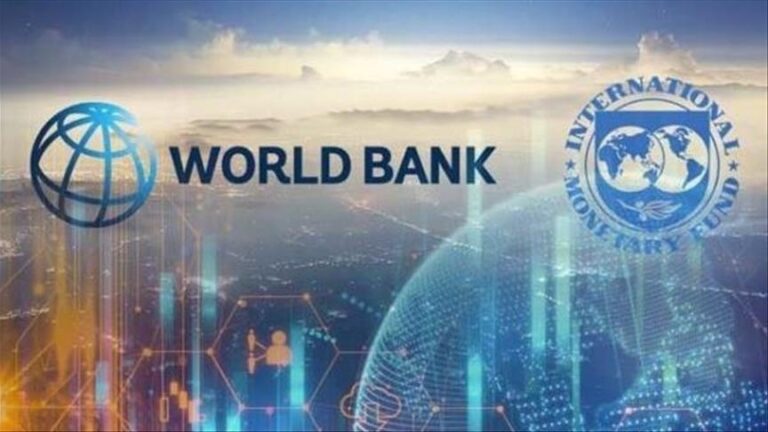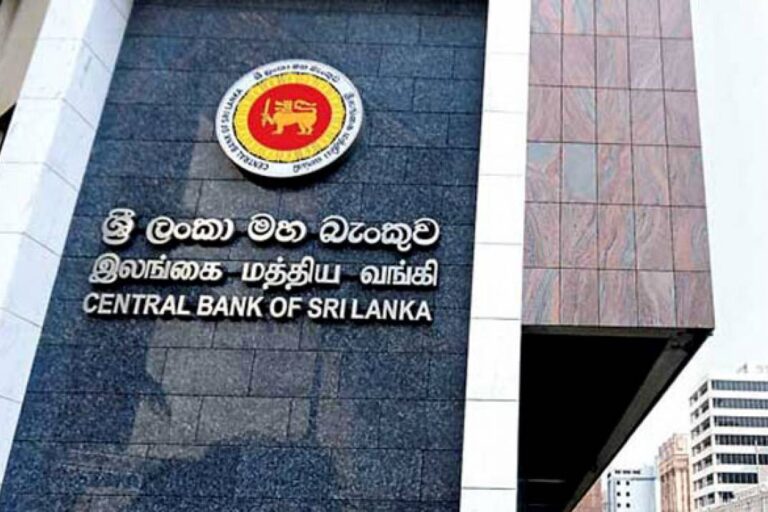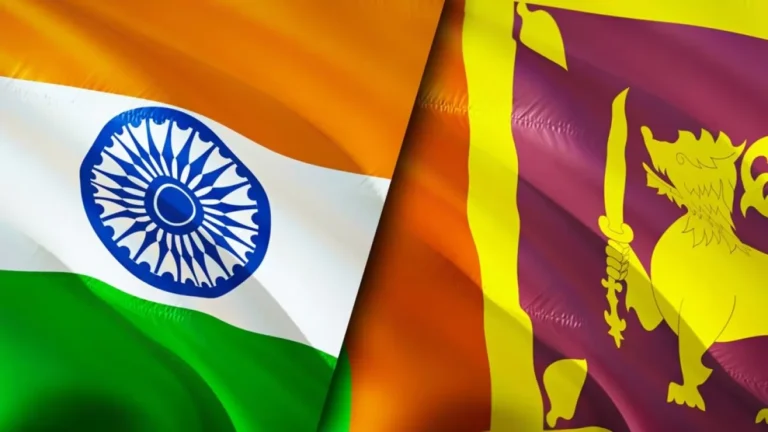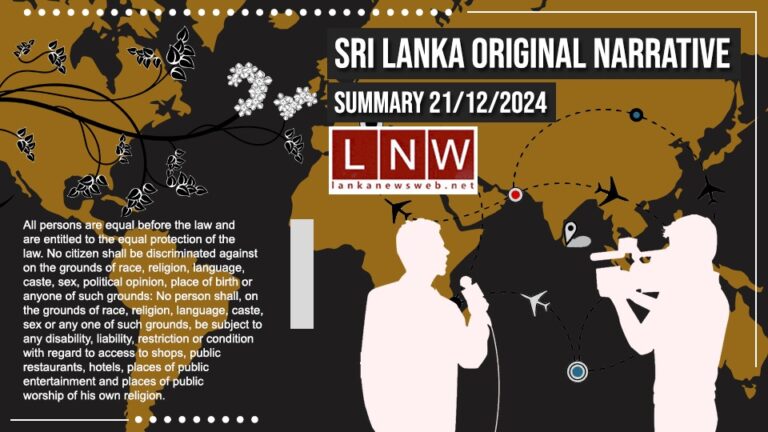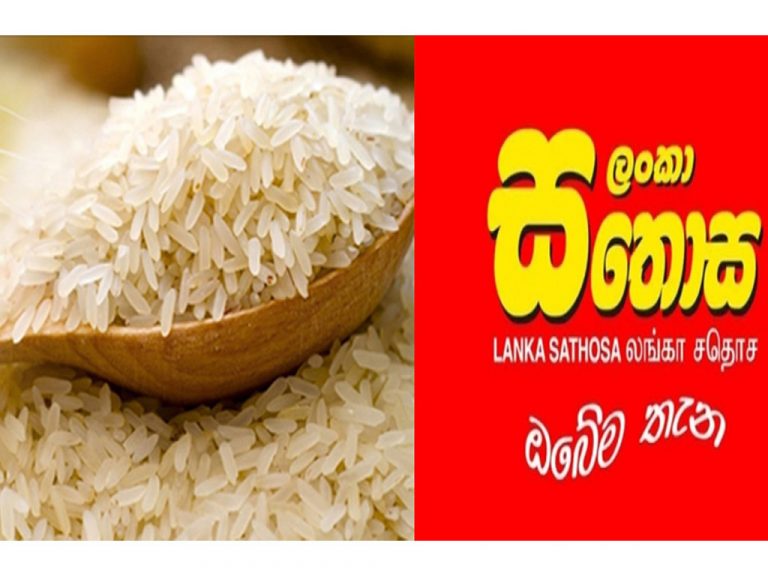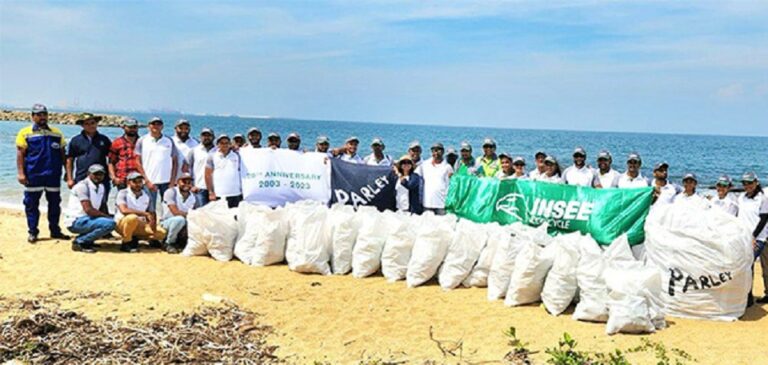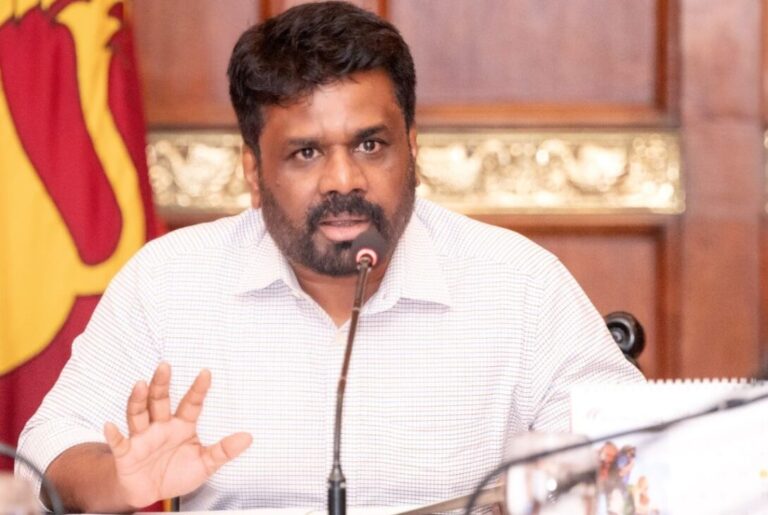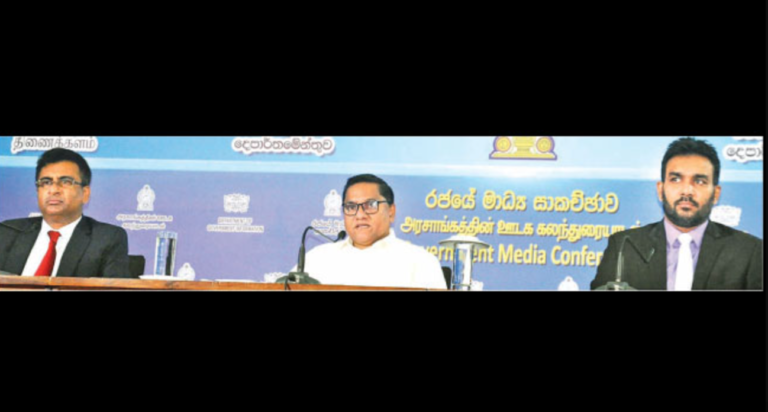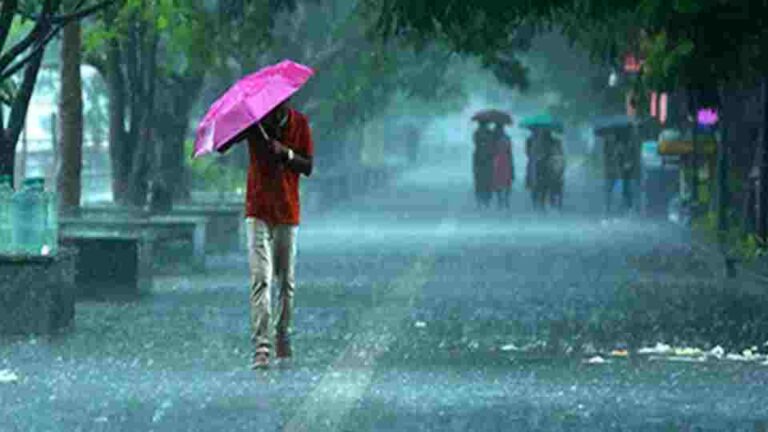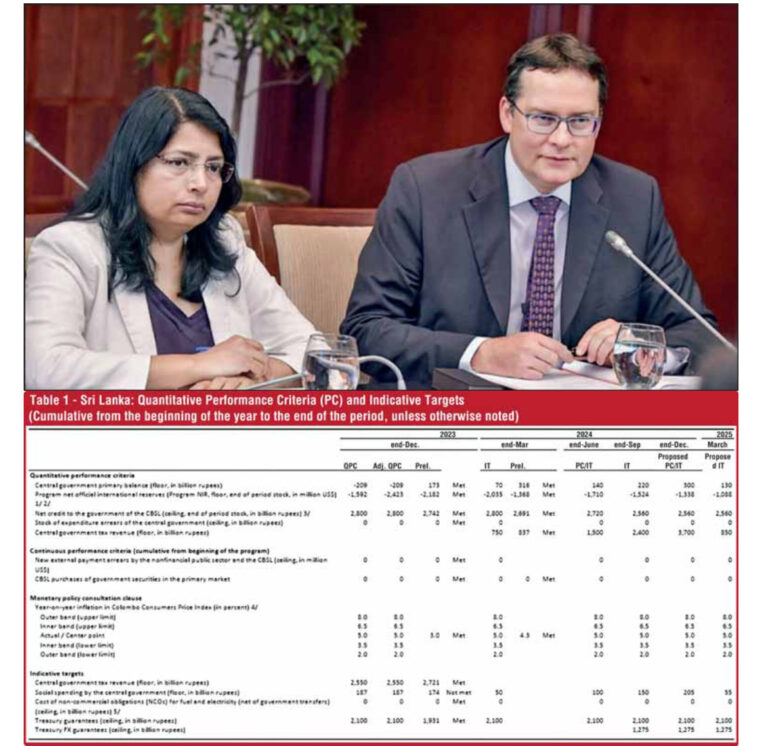The World Bank Group has confirmed its commitment to continuing all ongoing World Bank-supported projects in Sri Lanka under the country’s new government. Plans are also underway to establish an advisory group tasked with evaluating how best to align World Bank assistance with the new government’s development priorities.
This agenda, presented by the new administration under President Dissanayake, emphasizes reducing rural poverty and addressing longstanding issues in the North and East, including land and housing challenges faced by the plantation community.
The government has also prioritized economic modernization, as reflected in its push for a Digital Identity Card initiative.
The World Bank praised the administration’s “Clean Sri Lanka” initiative, reaffirming its support for these environmental efforts.
Deputy Minister of Industries and Entrepreneurship Development Chathuranga Abeysinghe recently met with World Bank Country Manager Gevorg Sargsyan to discuss structural barriers that have hindered industrial growth in Sri Lanka for decades.
These include the absence of a national integrated industrial plan, limited access to capital, weak institutional frameworks, insufficient anti-dumping measures to protect local industries, and a shortage of skilled labor necessary for sustainable development.
The meeting also addressed the impacts of recent tax policy changes and non-performing debts.
The deputy minister outlined the government’s strategic vision for industrial development, its short-term objectives, and specific assistance needed to meet these goals.
In response, the World Bank delegates shared details of their ongoing programs and areas where they could provide support, such as the Business Ready Index, technical research assistance, and State-Owned Enterprise (SOE) restructuring.
They also reaffirmed their commitment to agricultural transformation and offered guidance on how their expertise could align with Sri Lanka’s broader development plans.
The World Bank delegation included key figures such as Lead Economist Gregory Smith, IFC Senior Country Officer Victor Anthonypillai, and Economist Amila Dahanayake. The deputy minister’s team comprised Personal Secretary Yasas Hewage and Coordinating Secretary Melani Augustine.

